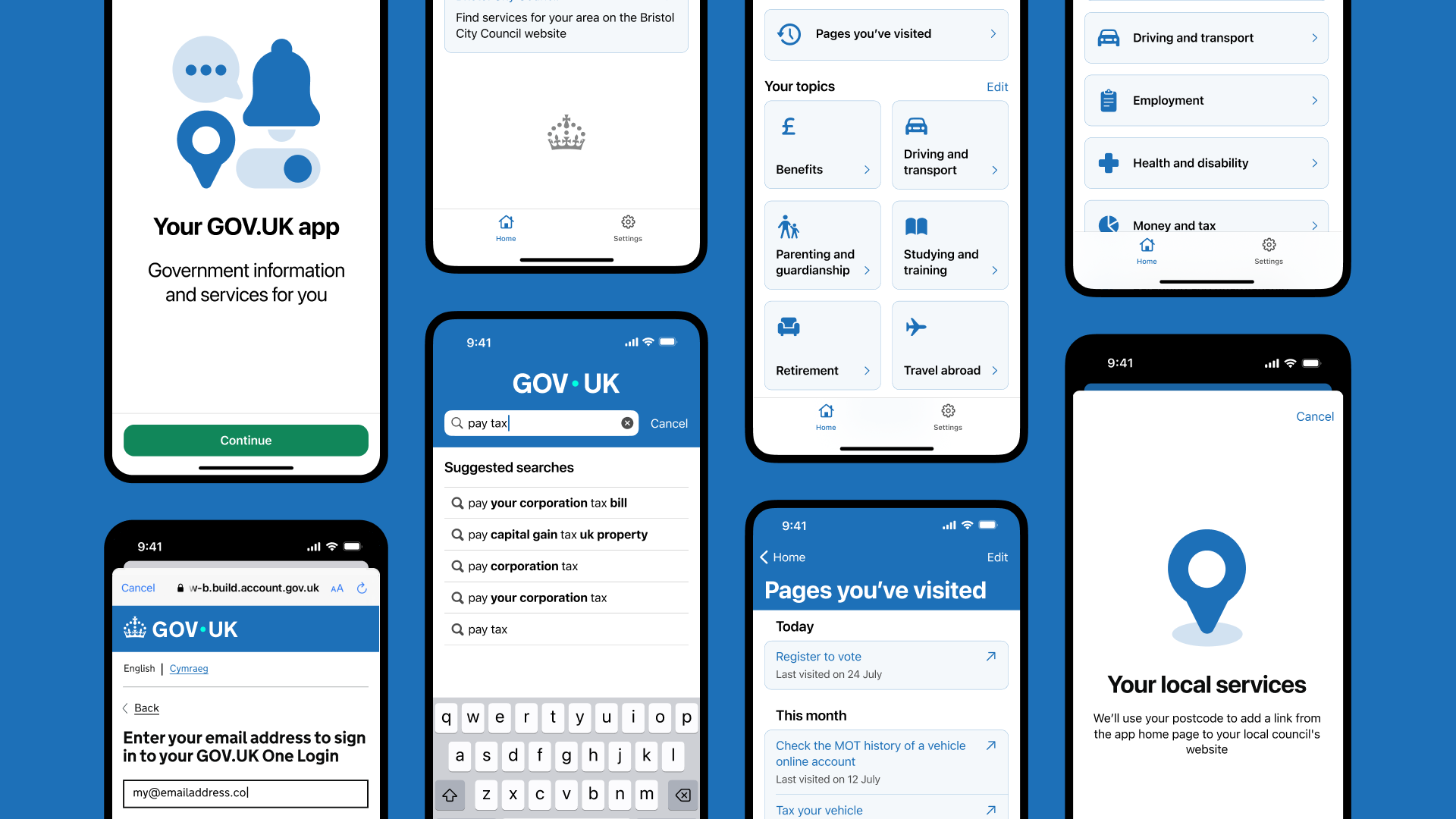Department for Transport publishes catalogue of datasets, following support for open bus and roadwork data
Transport data should move towards being open by default to help people plan journeys, transfer between different kinds of transport and pay for journeys and parking, according to a new government policy paper.
The Transport data strategy says open data on buses and roadworks has helped improve information for passengers and road users, but that a lot of other useful data is not currently shared. To support this, the Department for Transport has set up a pilot online catalogue which currently points to 149 datasets, although some owners limit or charge for access.
The department has already helped open access to third-party data including through the Bus Open Data Service (Bods), which was launched in early 2020 to support the development of new passenger-focused apps across England. Since autumn 2020, Bods has published timetable and location data in real-time and now has more than 1,300 vehicles providing occupancy data.
The strategy also highlights Street Manager, launched in July 2020 and now used by every highway authority and utility company in England to co-ordinate more than 2.5m roadworks annually, and the National Public Transport Access Node dataset of access locations including bus stops and rail stations, which is used by journey planners including CityMapper and Google Maps.
The department is working to develop a Rail Data Marketplace and an open dataset of electric vehicle chargepoints. It is also piloting a National Parking Platform that should allow drivers to use of a range of vendors to pay for parking, providing more choice and tackling the issue of drivers needing multiple mobile apps to pay for parking in different locations.
Data on travel in London has been relatively joined-up for several years given Transport for London’s management of most modes, but less so in other areas given that several providers are usually involved. Transport for West Midlands’ head of transport innovation Chris Lane said that his organisation wants to see people choosing alternatives to personal vehicles because they have better alternatives: “A critical factor in achieving this is the customer receiving appropriate, accurate and timely information and having trust in the provider as they make their travel decisions.”



